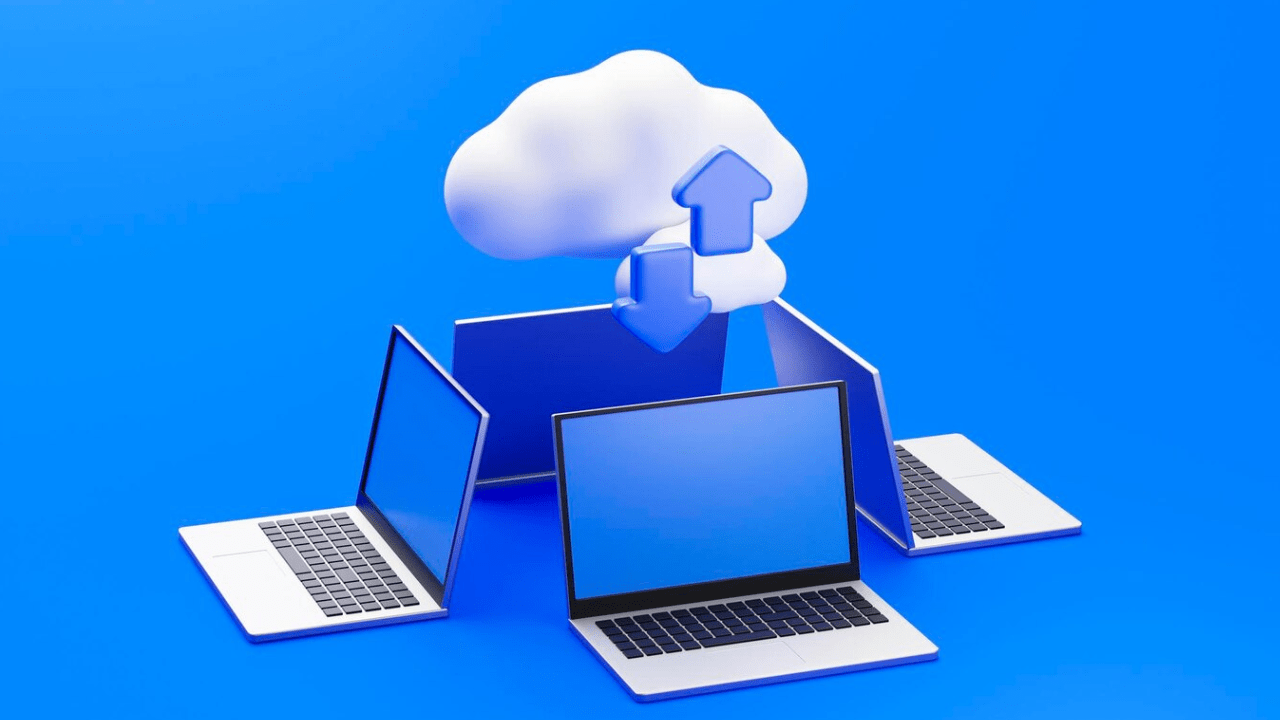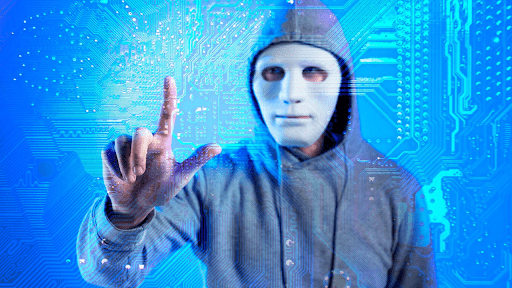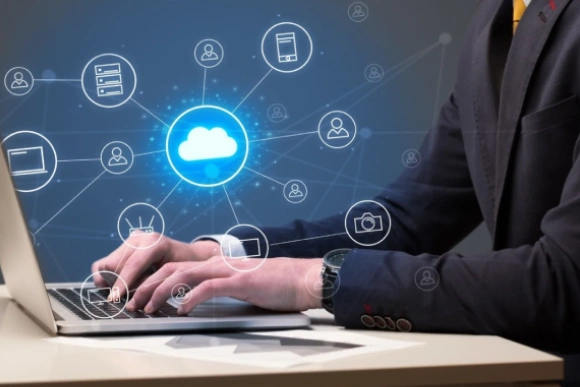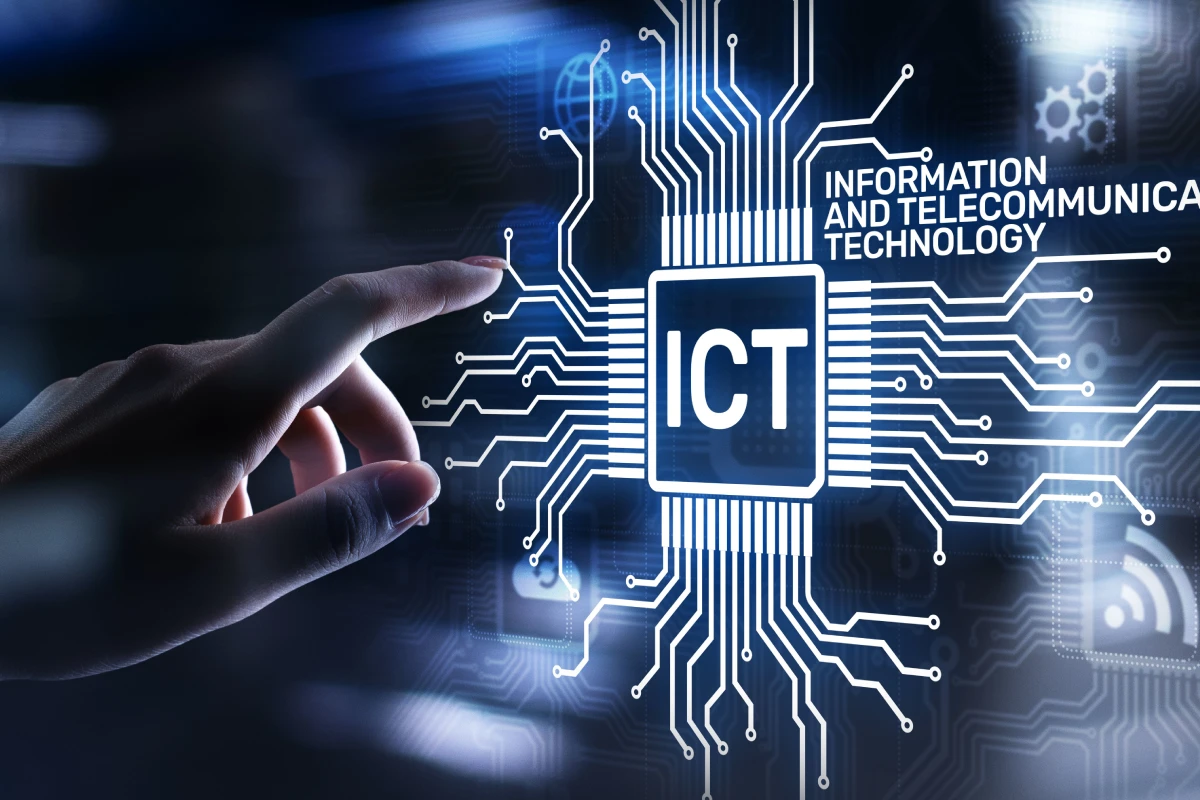Have you ever thought about how much of your life is online? In our increasingly digital world, cyber security has become a buzzword that’s hard to ignore. But what does it really mean?
Many of us have heard about cyber security but don’t know much about it. Cyber security is how individuals and organizations reduce the risk of cyber attacks. It is the application of technologies, processes, and controls to protect systems, networks, programs, devices, and data from cyberattacks.
Its core function is to protect the devices we use in our daily lives, such as tablets, smartphones, laptops, and computers, and the services we access—both online and at work—from theft or damage.
Importance of Cyber Security
Today, the importance of cyber security cannot be overstated. With our lives becoming more connected with technology, every click and keystroke carries potential risks. Cyber attacks can happen to anyone, from individuals to massive corporations, and the outcomes can be devastating. As per the State of Cybersecurity 2025 study by CompTIA, only 25% of individuals feel that the overall direction of cybersecurity is improving significantly, and a mere 22% characterize their organization’s efforts as fully satisfactory. This underscores the urgent need for more robust and proactive measures in protecting digital spaces.
In a world where data is considered the new oil, safeguarding it has become a top priority for everyone. According to a 2023 Cybersecurity Awareness Survey by CISA, 80% of individuals reported being concerned about their online safety.
Top Reasons Why Cyber Security Is Important
Protecting Personal Information
One of the major reasons behind the high importance of cyber security in today’s digital age is protecting your personal information. From checking your bank balance to posting on social media, we are connected to the digital world more than ever before. But whether it is your banking info, medical history, or even your social media passwords, cybercriminals are always looking for ways to steal it.
Types Of Sensitive Information
Sensitive information comes in many forms. Each piece of sensitive information is a potential target for cybercriminals who are constantly on the lookout for exposure. Some of the most valuable types of information include:
- Financial data such as credit card or bank account details
- Personal identification information (PII) such as your social security number or driver’s license
- Medical records that contain sensitive health data
If this information falls into the wrong hands, it can lead to identity theft, fraud, and huge personal or financial problems.
Risks of Data Breaches
A data breach happens when sensitive information gets exposed to unauthorized people, and the risks can be huge. Here’s why:
- Identity Theft: If your personal details like social security numbers or credit card info are stolen, criminals can use them to open bank accounts, take out loans, or even commit fraud in your name.
- Financial Loss: Both individuals and businesses can lose money. For businesses, a breach can result in fines, legal fees, and lost revenue, while individuals usually face unauthorized transactions or drained bank accounts.
- Reputation Damage: If a company gets hacked, customers may lose trust and stop using its services. Rebuilding that trust can take years, and some businesses never fully recover.
- Legal Consequences: Many countries have strict data protection laws. A breach can lead to expensive lawsuits and penalties for improperly safeguarding data.
According to the 2024 Data Breach Investigations Report, 14 % of breaches were formed by exploiting system exposures, nearly three times more than last year. Human errors or falling for scams played a role in 68% of breaches. Financially motivated attacks often involved ransomware or extortion, with an average loss of $46,000 per breach. 15% of breaches resulted from third parties like software providers or hosting partners.
Safeguarding Business Operations
Businesses aren’t immune to cyber threats. They often face even greater risks due to the wealth of data they manage. This makes it more essential for them to pay high attention to security and protect this data to maintain operations and ensure customer trust.
Financial and Reputation Impact
A cyber attack on a business can have disastrous financial consequences. It’s not just about immediate financial losses; there’s also the long-term impact on reputation. It takes time for businesses to gain the trust of the people and convert them into customers who trust their products and services. However, when it comes to cyber attacks, customers think twice about trusting a business that has suffered a data breach. Restoring that trust can take years if it’s possible at all. A survey by Cybersecurity Insiders found that 60% of businesses reported losing customers due to security breaches.
Legal and Compliance Issues
Businesses usually lose millions from a single data breach. Failure to follow data protection regulations can lead to heavy fines and legal issues. That’s why investing in cyber security training and protection is essential. Many regions have strict data protection laws designed to keep your personal information safe. If these rules aren’t followed, there can be big fines and legal trouble.
Data Protection Laws
Examples of important data protection laws:
- GDPR (General Data Protection Regulation) in Europe
- CCPA (California Consumer Privacy Act) in the United States
Consequences of Non-Compliance
Businesses that fail to follow these regulations can face:
- Fines: Non-compliance with laws like GDPR can result in costly penalties.
- Lawsuits: Customers can sue businesses if their data is mishandled.
- Loss of business: Customers are likely to trust a company that doesn’t take cyber security seriously.
Common Cyber Security Threats
Cyber threats are everywhere. Knowing what to look for is a key part of cyber security training. Let’s explore some of the most common cyber security threats that individuals and businesses face today.
Malware
Malware is a blanket term for malicious software designed to harm, exploit, or otherwise compromise devices. It comes in various forms, including viruses, worms, and trojans.
Types of Malware:
- Viruses: These attach themselves to legitimate programs and spread when those programs are shared.
- Ransomware: This type of malware locks users out of their systems until a ransom is paid. It can be devastating for both individuals and businesses, often resulting in significant data loss and financial strain.
Phishing Attacks
Phishing attacks are a cunning way for cybercriminals to trick individuals into giving up sensitive information. They usually take the form of emails or messages that appear legitimate but are designed to deceive.
Recognizing Phishing Attacks
To protect yourself, always be cautious with uninvited communications. Look for signs of phishing, such as unusual sender addresses, poor grammar, or links that don’t seem to match where they’re supposed to come from. If something seems off, it probably is!
Insider Threats
Not all threats come from outside. Insider threats involve current or former employees who have inside information and may exploit it for personal gain. This highlights the need for robust internal security measures.
Denial of Service (DoS) Attacks
Denial of Service (DoS) attacks aim to overwhelm a system, making it unavailable to users. This can bring down websites and disrupt services, causing downtime and loss of revenue. Understanding this cyber threat is vital for organizations that rely heavily on their online presence.
Best Practices for Cyber Security
You don’t need to be a tech expert to protect yourself from cyber threats. Following a few cyber security best practices can go a long way in keeping your data secure.
Regular Software Updates
Keeping software updated is one of the simplest yet most effective ways to protect against cyber threats. Updates often contain patches for security vulnerabilities, making it essential to install them as soon as they’re available.
Why it’s essential: Software updates often fix security vulnerabilities. Regular updates are one of the easiest ways to protect yourself from attacks.
Multi-Factor Authentication (MFA)
What it is: Multi-factor authentication (MFA) adds an extra layer of security by requiring a second form of verification, like a code sent to your phone.
Adding an extra layer of security through multi-factor authentication (MFA) is a smart move. This requires users to verify their identity through additional methods, such as a text message or authentication app, making it harder for attackers to gain unauthorized access.
Regular Data Backups
It’s really important to save your information in multiple places. If something bad happens, like a computer virus, or if you delete something by mistake, having a backup means you can get your important information back quickly and safely.
Strong Passwords
Make sure your passwords are strong and hard for others to guess. Try not to use obvious passwords and you might want to think about using a password manager to help you keep track of all your passwords in a safe way.
Conclusion
Protecting our personal information helps protect our personal details and keeps businesses running smoothly. It helps us ensure everything is legal and secure. Joining cyber security training programs helps you know the secrets that reduce the chances of theft and crime.
If you are among those looking to improve your IT security skills, consider CCI Training Center now. At the CCI Training Center, we offer a variety of courses to help you improve your skills and reach your goals. So what are you waiting for? Reach out to us today.













